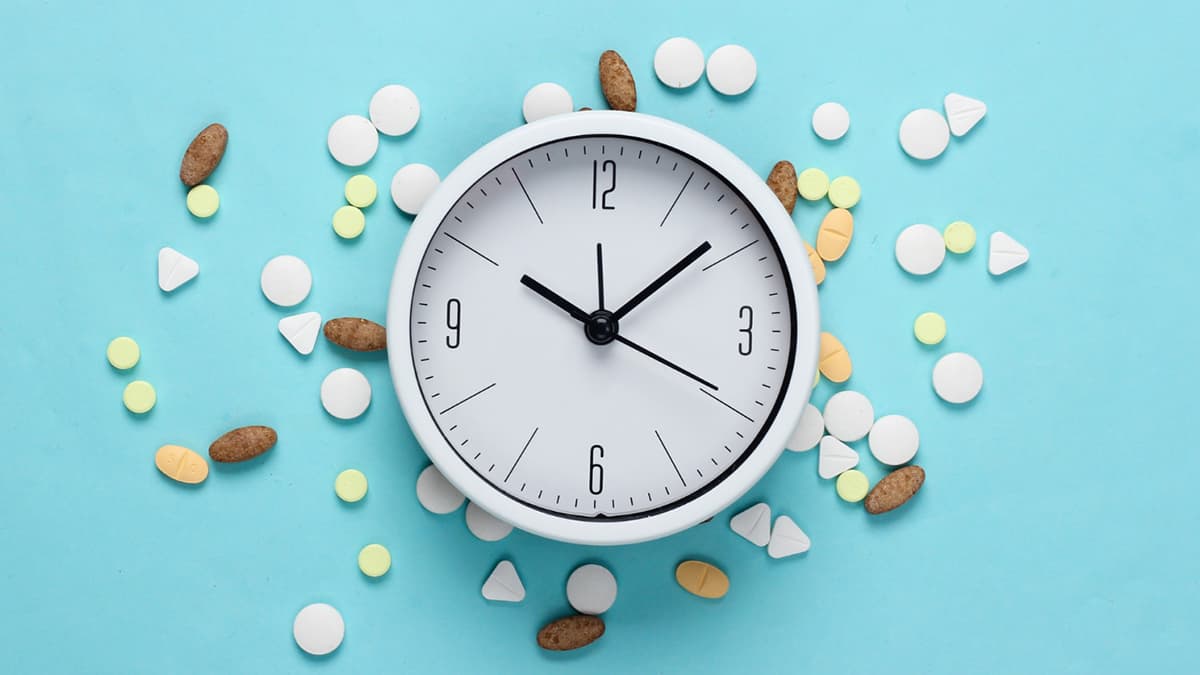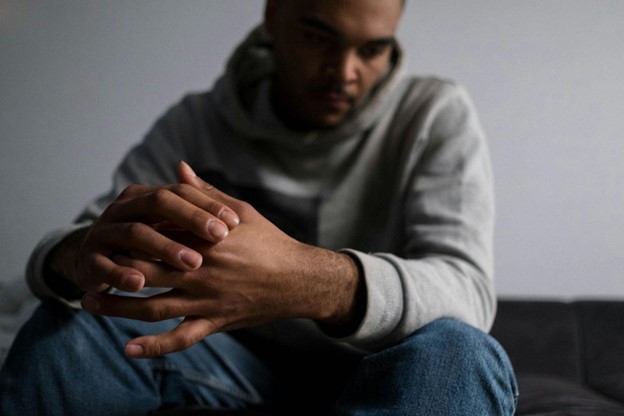The occasional night of not getting much sleep may not affect your mental health too much. You may feel tired and sluggish, but you can generally maintain good spirits. However, that can all change after several nights, weeks, or months of irregular or insufficient sleep. You may be surprised to learn that poor sleep can affect your mental health in some of the following ways:
Exacerbate Mood Disorders
You may be eager to buy CBD and THC sleep products from leading providers like Joy Organics when you learn that poor sleep may worsen mood disorders. People suffering from chronic sleep deprivation may find that it causes more stress, anxiety, and depression. You may also experience general irritability and mood swings.
When you already have these mood disorders, the symptoms can be exacerbated. However, ongoing sleep deprivation may even trigger these issues. Studies have shown that sleep deprivation or abnormalities are a risk factor for major depressive disorder.
Impact Emotional Regulation
We don’t always struggle to regulate our emotions when we feel good about ourselves and have had enough sleep. However, that all changes with sleep deprivation. Many people can struggle to regulate their emotions.
As a result, they can experience heightened reactivity and challenges in coping with stressors. Improving your sleep may have more of an impact than you think. The more sleep you get, the better your mood, positive emotional expression, and response to emotional stimuli can be.
Increased Risk of Psychiatric Disorders
Many factors can play a part in whether you are at an increased risk of psychiatric disorders, such as genes, environmental stressors, inflammatory conditions, and toxins. However, how well you sleep may also contribute.
You may be at an increased risk of bipolar disorder, schizophrenia, anxiety disorders, and other psychiatric disorders if you regularly have poor sleep. A lack of sleep may also worsen your symptoms when you already have a diagnosed condition.
Poor Cognitive Functions
It’s easy to assume you can make good decisions, focus, and remember things with or without enough sleep. However, a lack of sleep can severely impact your cognitive functions. Many people struggle with concentrating, learning, and problem-solving when they don’t get enough sleep. They can also struggle to retain new information and make good decisions.
Studies have found that the effects can be pronounced even after just one night. You may notice reduced focused attention, slower reaction times, and impaired strategic planning and risk assessment.
More Risk Taking
Many of us take risks when we’ve had plenty of sleep. Still, risk-taking behavior has the potential to worsen as your sleep suffers. You may have more impaired judgment and less impulse control. As a result, you may be more likely to make reckless decisions and engage in dangerous activities.
According to studies, sleep deprivation has been linked to impulsivity and changes in reward-related decision-making. After five nights of partial sleep deprivation, people were more likely to increase their risk-taking than after one night of poor sleep.
Poor sleep may not seem harmful, but it can be. Not prioritizing good quality sleep may mean you’re at risk of poor cognitive functions, psychiatric disorders, mood disorders, and more risk-taking.








Leave a Reply
You must be logged in to post a comment.